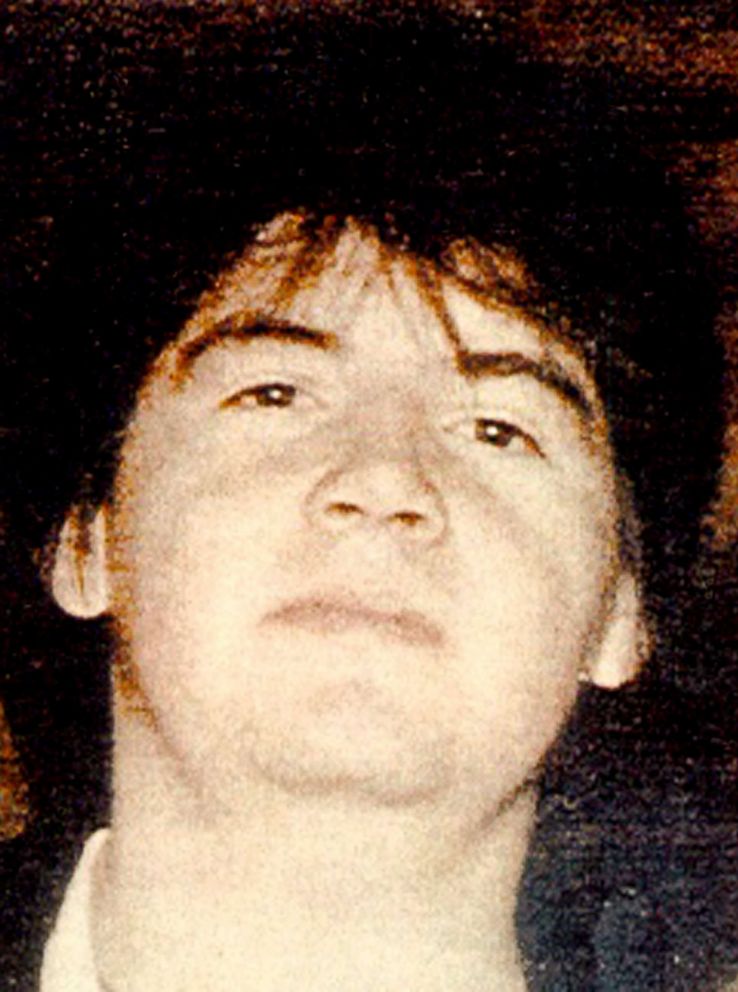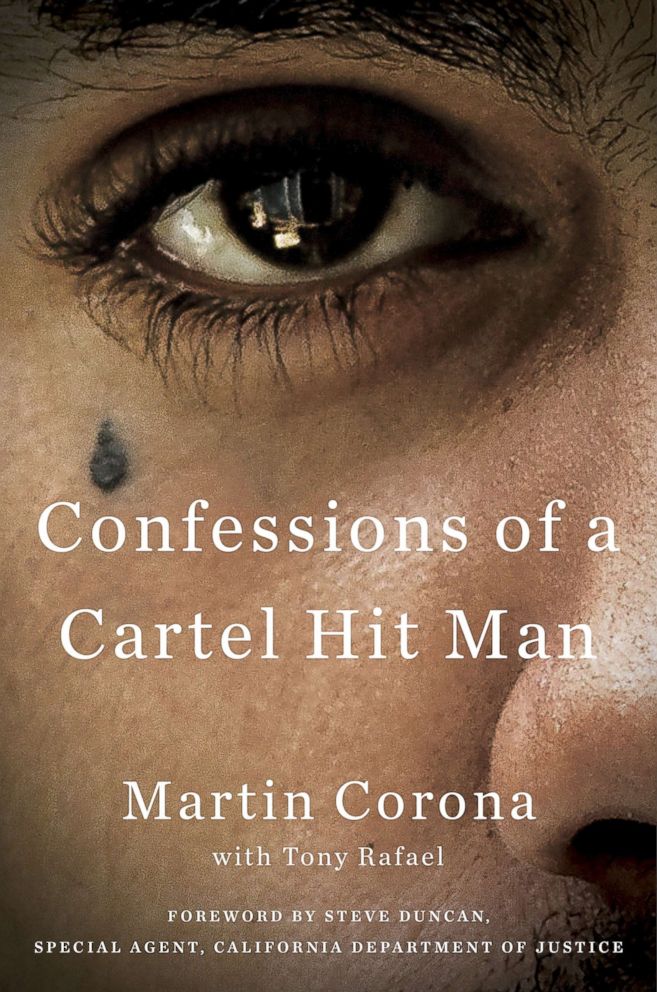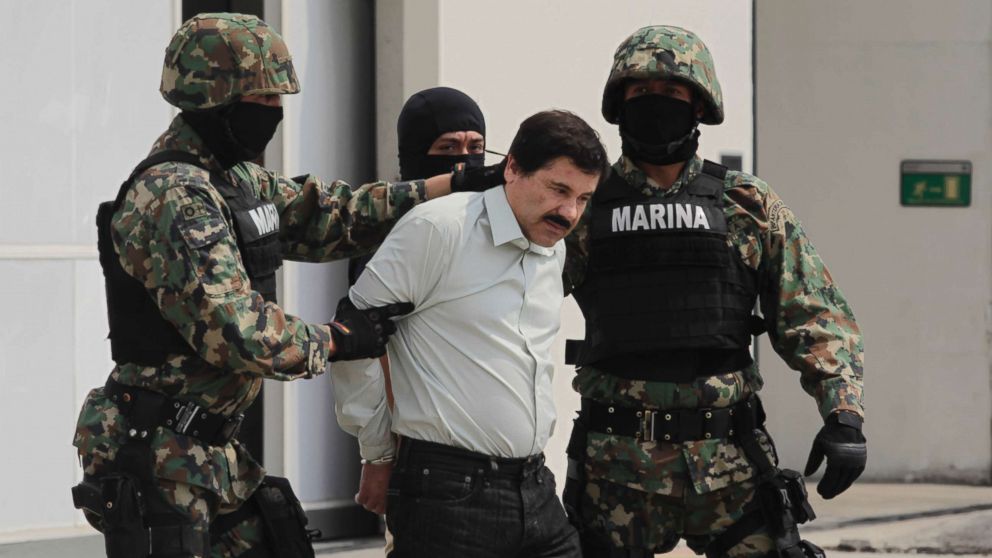Former drug-cartel hit man reflects on the killing 'monster' he once was
— -- As a onetime hit man for a Mexican cartel, Martin Corona has seen the worst of the worst.
And, in a rare television interview, he tried to explain to ABC News what it was like to kill for a living. He has admitted to eight murders, though there may be more.
"Living the life I lived, there is nothing I can sit back and say I'm proud of," he said. "There's mornings I'll wake up and I'll wash my face and look up in the mirror and I can see the monster I once was. I just try to push it back down. You can never make amends for taking a life. You can never pay that back."
Martin Corona is not the man's real name and he spoke to ABC News in shadow. He was born and raised on the beautiful Southern California coastline, outside of San Diego. He says he had a troubled relationship with his stepfather and left home when he was 13 years old, later joining a street gang that, he said, became his family.
By that time, he was already involved in violence and in and out of jail. Eventually, he fell in with the Mexican Mafia and then the cartels.
"They [cartel members] came and picked me up from the prison gate," he said. "You either accept that life or you end up on the side of a curb somewhere."

The Arellano-Felix cartel
In the 1990s, the so-called Arellano-Felix cartel controlled the cocaine smuggled through Tijuana, Mexico, and was locked in a turf war with the notorious drug kingpin Joaquin "El Chapo" Guzman.
Steve Duncan, who worked as a probation officer before becoming a special agent for California's Department of Justice, said it was a "bloody battle" with the cartel and Guzman taking turns killing each other's relatives.
Corona led a death squad for Ramon Arellano-Felix, who in 1997, had been added to the FBI's 10 Most Wanted list for being an enforcer, deciding who got killed.
He said Ramon Arellano-Felix would constantly say: "We're already damned. We're going to hell anyways. So there's no sense having a conscience about it."
During one hit on a San Diego street, Corona shot a pregnant woman suspected of talking to the police as well as her sister, who was a fashion model just returning from Paris, France.
"When I shot the two people, I heard a scream in the back [of the car] and I looked back there and I seen a little girl back there in the backseat," he said.

A month later, across the border in Tijuana, Corona's hit squad killed the girl's father.
"He's an assassin. He's a multiple murderer," Duncan said.
Corona told ABC News that life in the cartel, however, wasn't the lavish lifestyle that movies portrayed.
"There's no loyalty. There's no trust. There's no bond," he said. "The thing that they make you do are things that you've got to live with for the rest of your life."
Martin Corona: 'We're done'
When his friend and mentor David Barron-Corona was killed on the job, Corona said, he began to tire of the violence. But, he said, he was scared and felt trapped. That is, until his daughter was born.
"I held her in my arms and I told my wife right then and there: 'We're done,'" he said.
Not long after he returned to California, in 2000, however, Corona was arrested and convicted on a firearms charge. Enter Duncan, who said the two "hit it off" in an interview room, talking about camping and fishing.
Corona was potentially facing murder charges and life in prison, Duncan said. Corona said that although the cartel had instilled in him, "Don't talk. Don't talk. Don't rat," he decided to do what was best for him and his family.
He ratted.
Duncan said authorities used Corona and other witnesses to indict the "upper echelons" of the Arellano-Felix cartel in Tijuana.
"He should have died," Duncan said of Corona. "He should have got the death penalty. Martin's the poster child for the death penalty."
Instead, Corona served 13 years in prison and was released in 2014. Now, he occasionally tours the country with Duncan, schooling law enforcement on Latino gangs. When asked whether the two are friends, Duncan said: "We share a fondness."
'Confessions of a Cartel Hitman'
Corona, 53, said he is reformed and claimed to feel remorse for those he hurt. He even wrote a letter to the model in San Diego he shot.
In part, he said: "I can never find the words to apologize for my act. Nor, can I ever expect any emotion other than hate from you. ... But, I truly am sorry. ... I've wanted so many times to write this letter and leave it pinned to my hanging body. ... My only wish is to do all that I can so that no one else has to suffer the same atrocities which you and your family have endured."
Corona said she does not forgive him but others apparently have.
"To hear somebody tell you that they didn't blame you for doing the things that you did, it's a little overwhelming," he said. "It still hurts. It still bothers me."

Corona also wrote a book titled "Confessions of a Cartel Hitman" and lives in a secret location though he declines witness protection. He worries about his family, not himself.
"When my time comes, my time's going to come, you know?" he said. "I know how to defend myself."
After the ABC News interview, Corona got caught violating his probation for failing a drug test for cocaine and methamphetamine. Corona today did not dispute the probation violation and told ABC News that the judge was fair.
"My problem is with sobriety," Corona said. "I've always lived the fast life. Now I'm living the normal life and trying my hardest to make amends."




